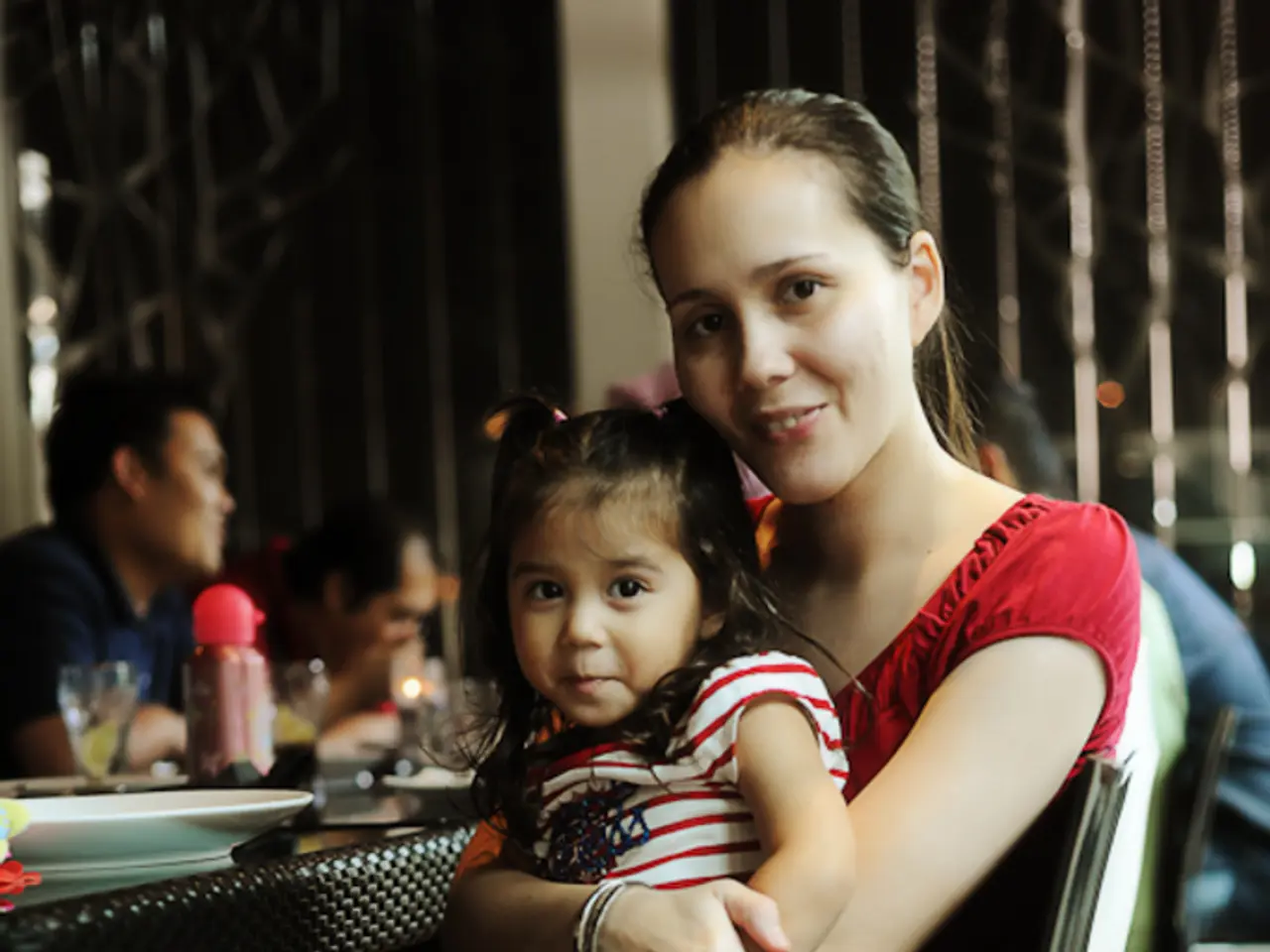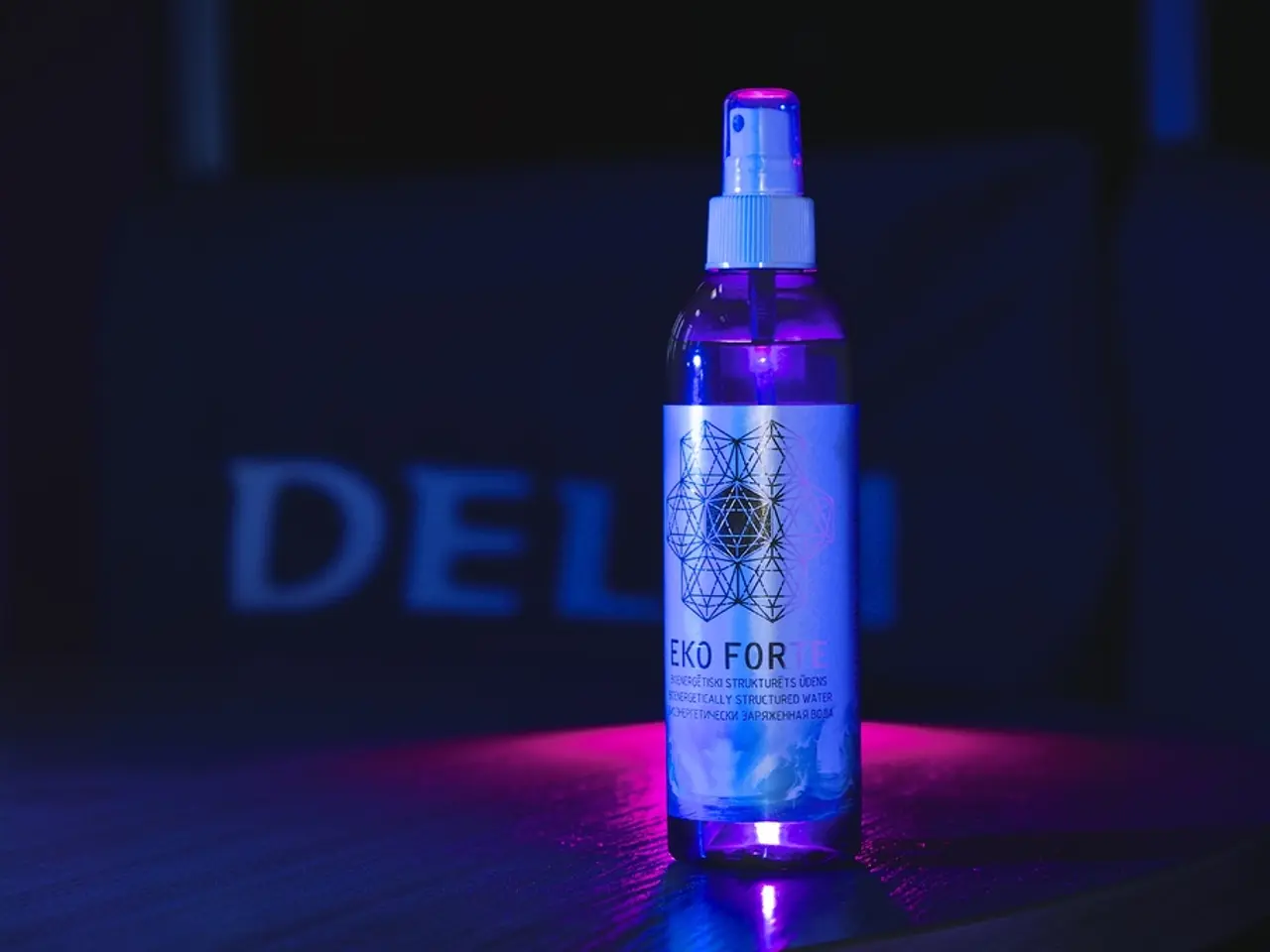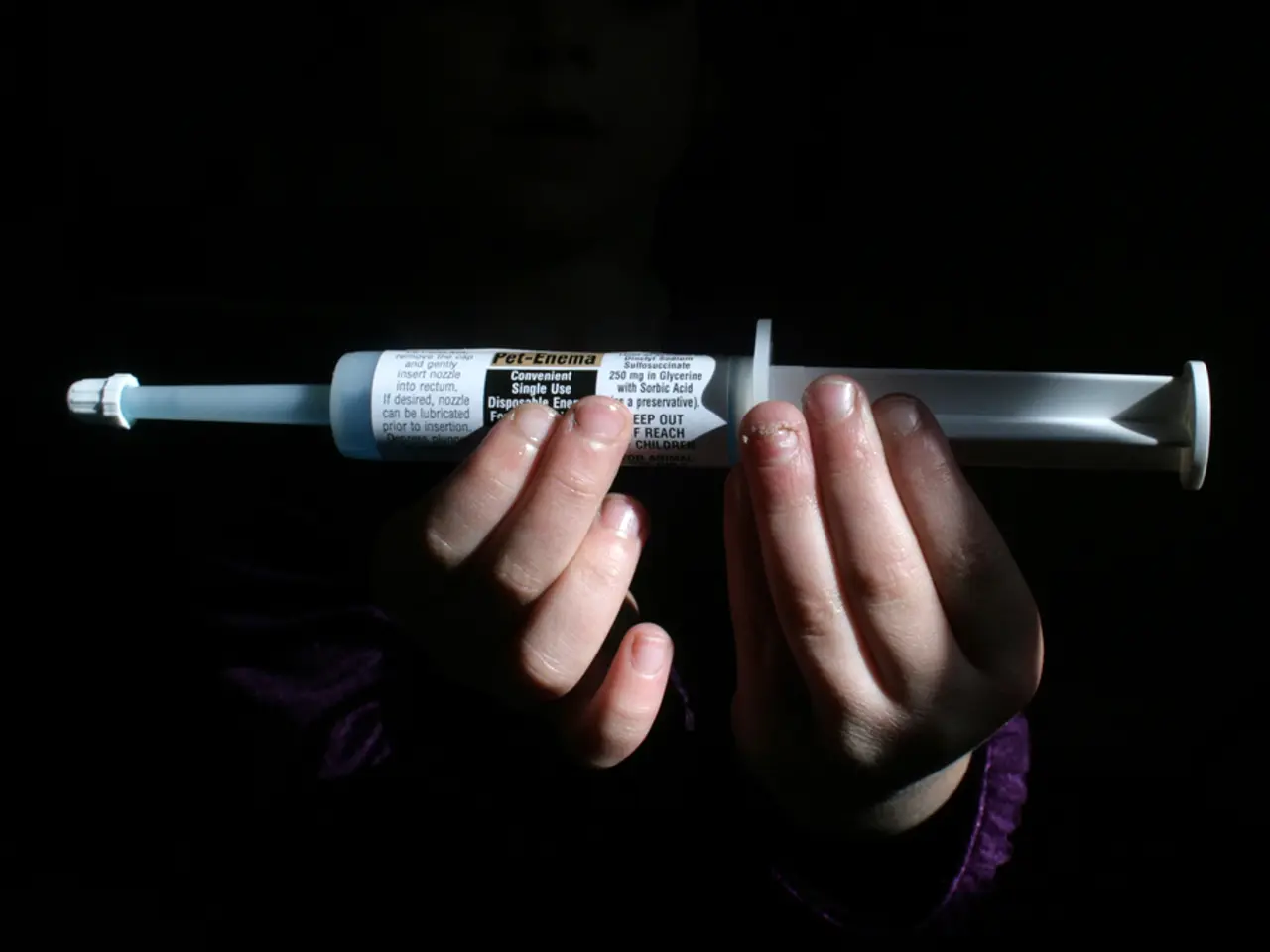Practical Techniques for Lowering Anxiety Levels, Enhancing Mental Health, and Boosting Overall Wellness
Anxiety disorders, such as generalized anxiety disorder (GAD), panic disorder, and social anxiety disorder, can significantly impact an individual's life, causing distress and interfering with daily activities. If left unaddressed, chronic anxiety can lead to depression, sleep disturbances, fatigue, and other negative consequences that significantly impair one's quality of life.
However, there is hope. Anxiety reduction exercises provide a practical, accessible means for individuals to take control of their mental health. These exercises focus on physical, mental, and emotional relaxation, helping to alleviate the symptoms of anxiety and promote overall well-being.
One of the most effective anxiety reduction exercises is deep breathing. These techniques involve slow, deliberate breathing that can help reduce stress and anxiety by lowering resting blood pressure and promoting relaxation. Another technique is Progressive Muscle Relaxation (PMR), which involves tensing and relaxing different muscle groups to alleviate muscle tension and reduce anxiety.
Mindfulness meditation is another popular anxiety reduction exercise. This practice encourages being present in the moment, focusing on breath, and observing thoughts without judgment, which can help calm the mind and reduce anxiety. Visualization and guided imagery are also effective methods, involving imagining a peaceful scene to create a sense of calm and relaxation, particularly beneficial for visual thinkers.
Yoga and gentle stretching are also valuable tools in managing anxiety. These exercises combine physical movement with mindfulness, helping to reduce anxiety by promoting relaxation and improving mood. Journaling for emotional release is another therapeutic technique that helps individuals process their emotions and reduce anxiety by providing an outlet for emotional expression.
In addition to these exercises, other effective techniques include Tai Chi, an ancient martial art that combines slow movements with deep breathing to reduce stress and anxiety. Spending time with animals can also help reduce anxiety, as interacting with pets can increase happiness hormones and decrease stress hormones. Massage therapy can activate the parasympathetic nervous system, promoting relaxation and reducing stress hormones.
These exercises can be used individually or in combination to create a comprehensive approach to managing anxiety and improving mental health. It is essential to consult with a healthcare professional to develop a treatment plan that best suits individual needs for managing anxiety effectively. A holistic approach to mental health may involve therapy, medication, support groups, or a combination of these, in addition to anxiety reduction exercises.
When practiced consistently, these exercises can lead to greater peace, resilience, and emotional balance, ultimately improving quality of life. Physical activity is one of the most effective ways to reduce anxiety naturally, as it helps release endorphins, which are natural mood-boosters. Regular physical activity can include any form of exercise enjoyed, such as walking, running, cycling, swimming, or dancing, aiming for at least 30 minutes of moderate exercise several times a week.
Anxiety is characterized by excessive worry, fear, or nervousness about situations, events, or experiences. By incorporating anxiety reduction exercises into daily life, individuals can help reduce the intensity and frequency of anxiety over time, leading to a more balanced and fulfilling life.
- Deep breathing techniques, which involve slow, deliberate breathing, can help reduce stress and anxiety by lowering resting blood pressure and promoting relaxation.
- Another effective anxiety reduction exercise is Progressive Muscle Relaxation (PMR), which involves tensing and relaxing different muscle groups to alleviate muscle tension and reduce anxiety.
- Mindfulness meditation, a practice that encourages being present in the moment, focusing on breath, and observing thoughts without judgment, can help calm the mind and reduce anxiety.
- Yoga and gentle stretching, exercises that combine physical movement with mindfulness, can help reduce anxiety by promoting relaxation and improving mood.
- In addition to these exercises, spending time with animals and seeking massage therapy can also help reduce anxiety by increasing happiness hormones and activating the parasympathetic nervous system.
- Physical activity, such as walking, running, cycling, swimming, or dancing, for at least 30 minutes several times a week, is one of the most effective ways to reduce anxiety naturally and improve quality of life.




